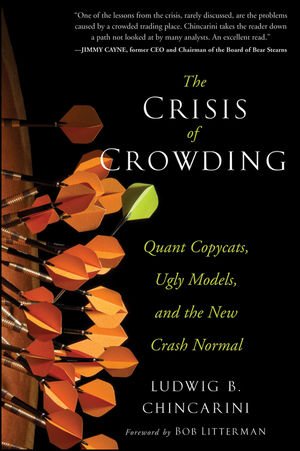

Most ebook files are in PDF format, so you can easily read them using various software such as Foxit Reader or directly on the Google Chrome browser.
Some ebook files are released by publishers in other formats such as .awz, .mobi, .epub, .fb2, etc. You may need to install specific software to read these formats on mobile/PC, such as Calibre.
Please read the tutorial at this link: https://ebookbell.com/faq
We offer FREE conversion to the popular formats you request; however, this may take some time. Therefore, right after payment, please email us, and we will try to provide the service as quickly as possible.
For some exceptional file formats or broken links (if any), please refrain from opening any disputes. Instead, email us first, and we will try to assist within a maximum of 6 hours.
EbookBell Team

5.0
40 reviewsThe economic crisis that began in 2008 revealed the numerous problems in our financial system, from the way mortgage loans were produced to the way Wall Street banks leveraged themselves. Curiously enough, however, most of the reasons for the banking collapse are very similar to the reasons that Long-Term Capital Management (LTCM), the largest hedge fund to date, collapsed in 1998. The Crisis of Crowding looks at LTCM in greater detail, with new information, for a more accurate perspective, examining how the subsequent hedge funds started by Meriwether and former partners were destroyed again by the lapse of judgement in allowing Lehman Brothers to fail.
Covering the lessons that were ignored during LTCM's collapse but eventually connected to the financial crisis of 2008, the book presents a series of lessons for hedge funds and financial markets, including touching upon the circle of greed from homeowners to real estate agents to politicians to Wall Street.
A unique blend of storytelling and sound quantitative analysis, The Crisis of Crowding is one of the first books to offer an analytical look at the financial crisis rather than just an account of what happened. Also included are a layman's guide to the Dodd-Frank rules and what it means for the future, as well as an evaluation of the Fed's reaction to the crisis, QE1, QE2, and QE3.